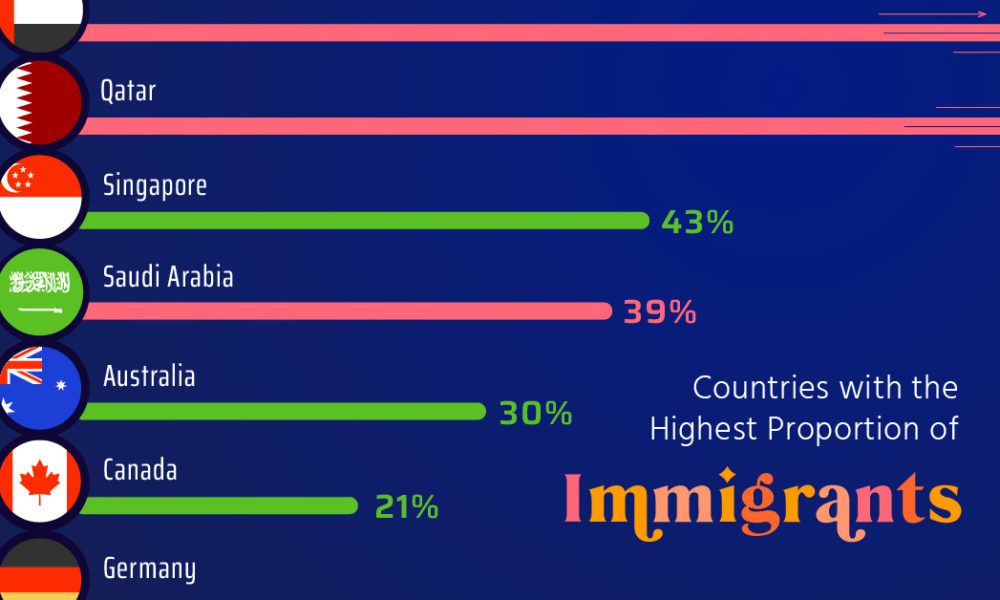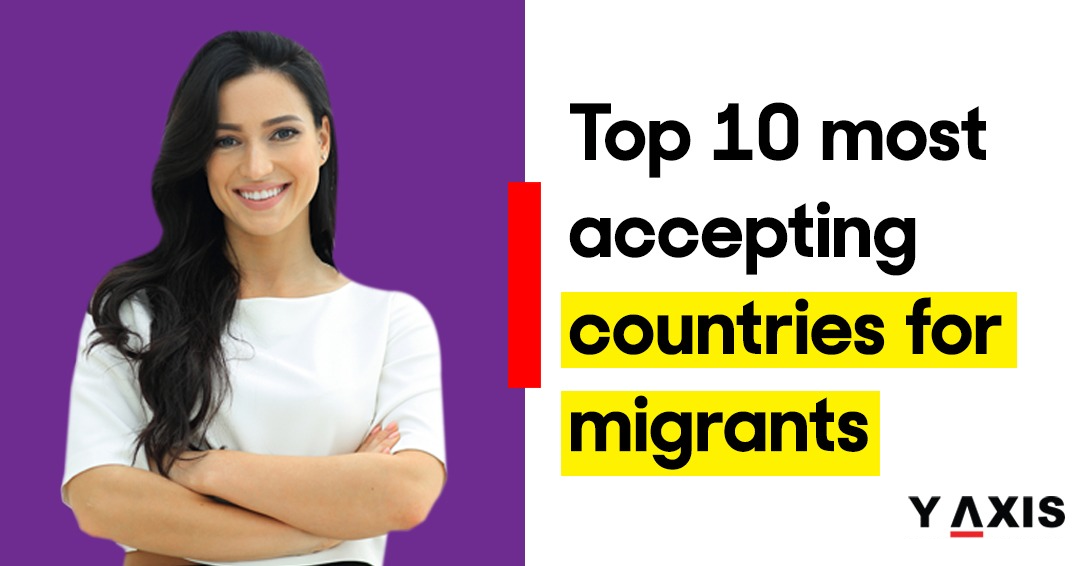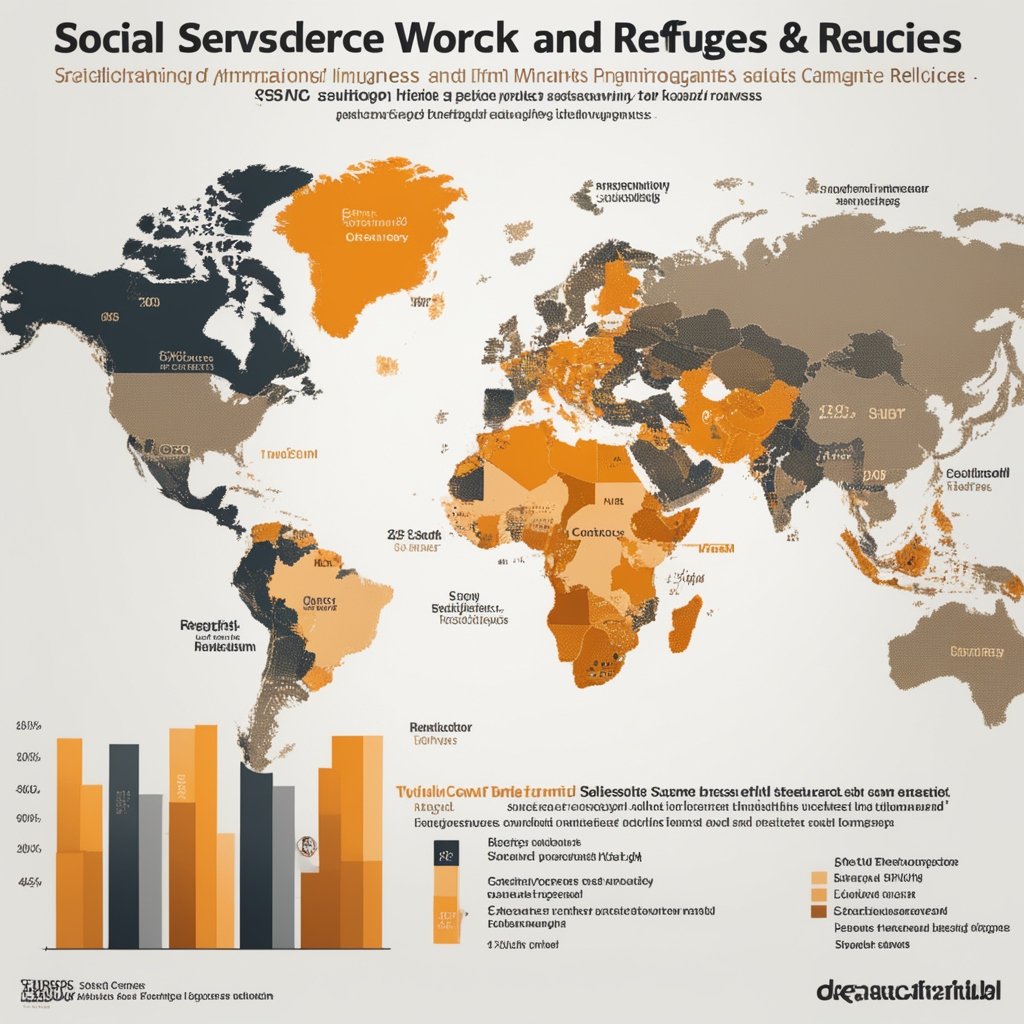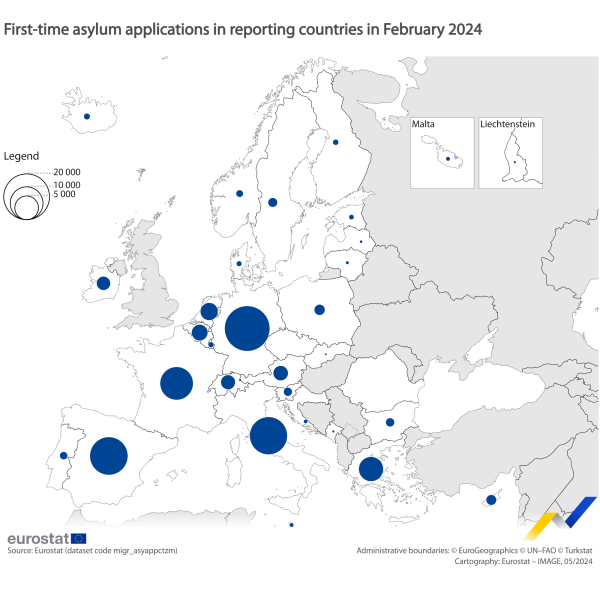As the world grapples with the complexities of globalization, economic disparities, and social unrest, immigration has become a pressing concern for nations around the globe. The
World Population Review provides a detailed analysis of immigration trends by country, offering valuable insights into the demographic shifts shaping our world. In this article, we will delve into the latest data on immigration by country in 2025, highlighting the key findings and implications for global migration policies.
Global Immigration Trends in 2025
According to the World Population Review, the global immigrant population is projected to reach 275 million by 2025, representing a significant increase from the 2019 estimate of 272 million. This growth is driven primarily by economic migration, with individuals seeking better job opportunities, higher wages, and improved living standards. The top 10 countries with the highest number of immigrants in 2025 are:
- United States: 51.6 million
- Germany: 14.8 million
- Russia: 12.3 million
- United Kingdom: 9.5 million
- France: 8.8 million
- Canada: 8.4 million
- Australia: 7.5 million
- Spain: 7.2 million
- Italy: 6.7 million
- Ukraine: 6.5 million
Regional Immigration Trends
The World Population Review also provides a regional breakdown of immigration trends, revealing distinct patterns and challenges. In Europe, for example, the migrant crisis continues to pose significant social, economic, and political challenges. The
European migrant crisis has led to a surge in asylum applications, with Germany, France, and the United Kingdom being among the top destinations.
In the Americas, the United States remains the primary destination for migrants, with a significant proportion coming from Latin America and the Caribbean. The
US-Mexico border continues to be a focal point for immigration debates, with discussions around border control, asylum policies, and migrant rights.
Implications for Global Migration Policies
The World Population Review's analysis of immigration by country in 2025 has significant implications for global migration policies. As the world grapples with the challenges and opportunities presented by immigration, it is essential to develop comprehensive and inclusive policies that balance economic, social, and humanitarian considerations.
Governments, international organizations, and civil society must work together to address the root causes of migration, such as poverty, conflict, and inequality. This can be achieved through targeted development programs, conflict resolution initiatives, and human rights advocacy.
Furthermore, countries must prioritize the integration of migrants into host societies, providing access to education, employment, and social services. This not only benefits the migrants themselves but also contributes to the economic and social well-being of the host countries.
In conclusion, the World Population Review's analysis of immigration by country in 2025 provides a valuable snapshot of global migration trends. As the world continues to evolve and face new challenges, it is essential to develop informed and inclusive policies that address the complexities of immigration. By understanding the demographic shifts shaping our world, we can work towards creating a more just, equitable, and prosperous future for all.
For more information on immigration trends and global migration policies, visit the
World Population Review website. Stay up-to-date with the latest data, analysis, and insights on global migration trends and their implications for our world.








_asylum_applicants%2C_2014_(number%2C_rounded_figures)_YB15_III.png)
